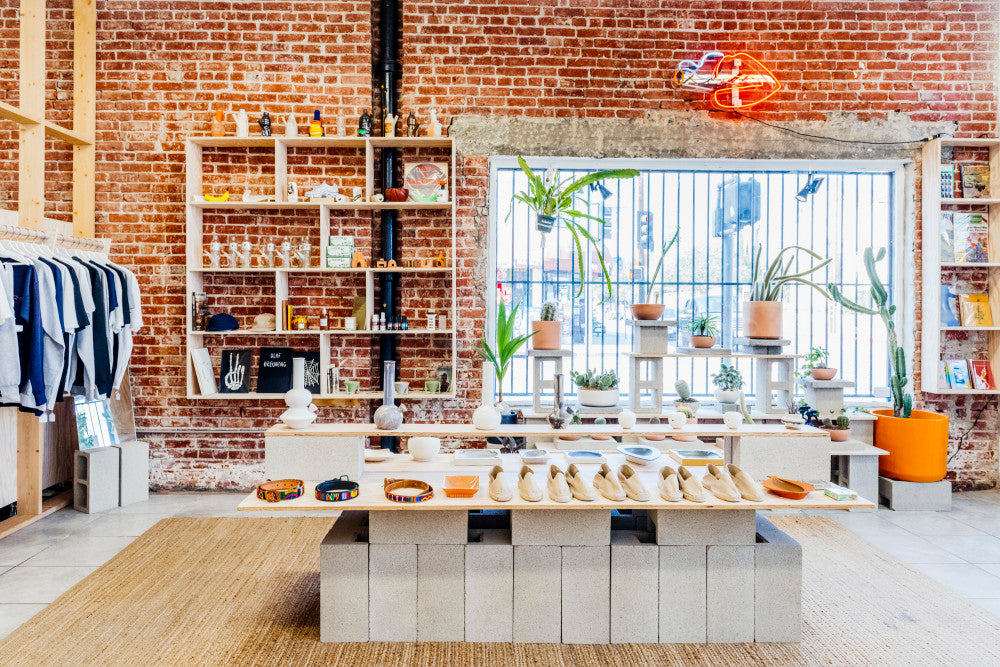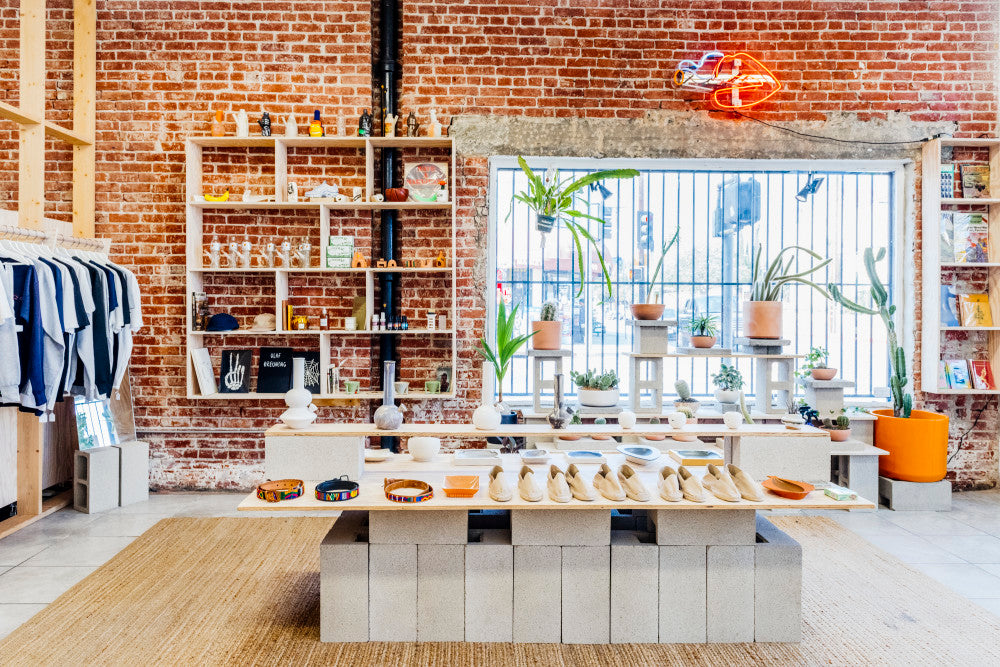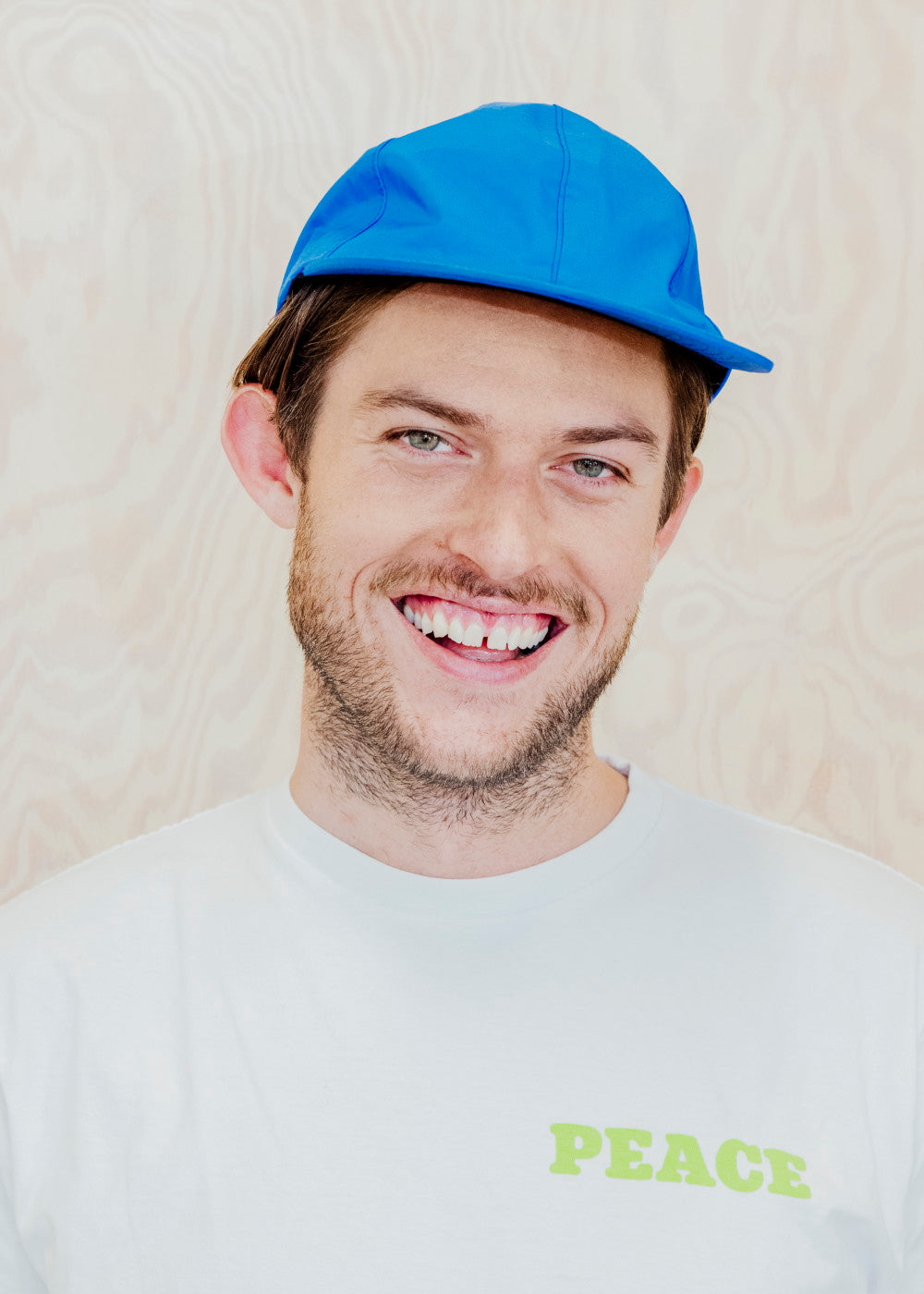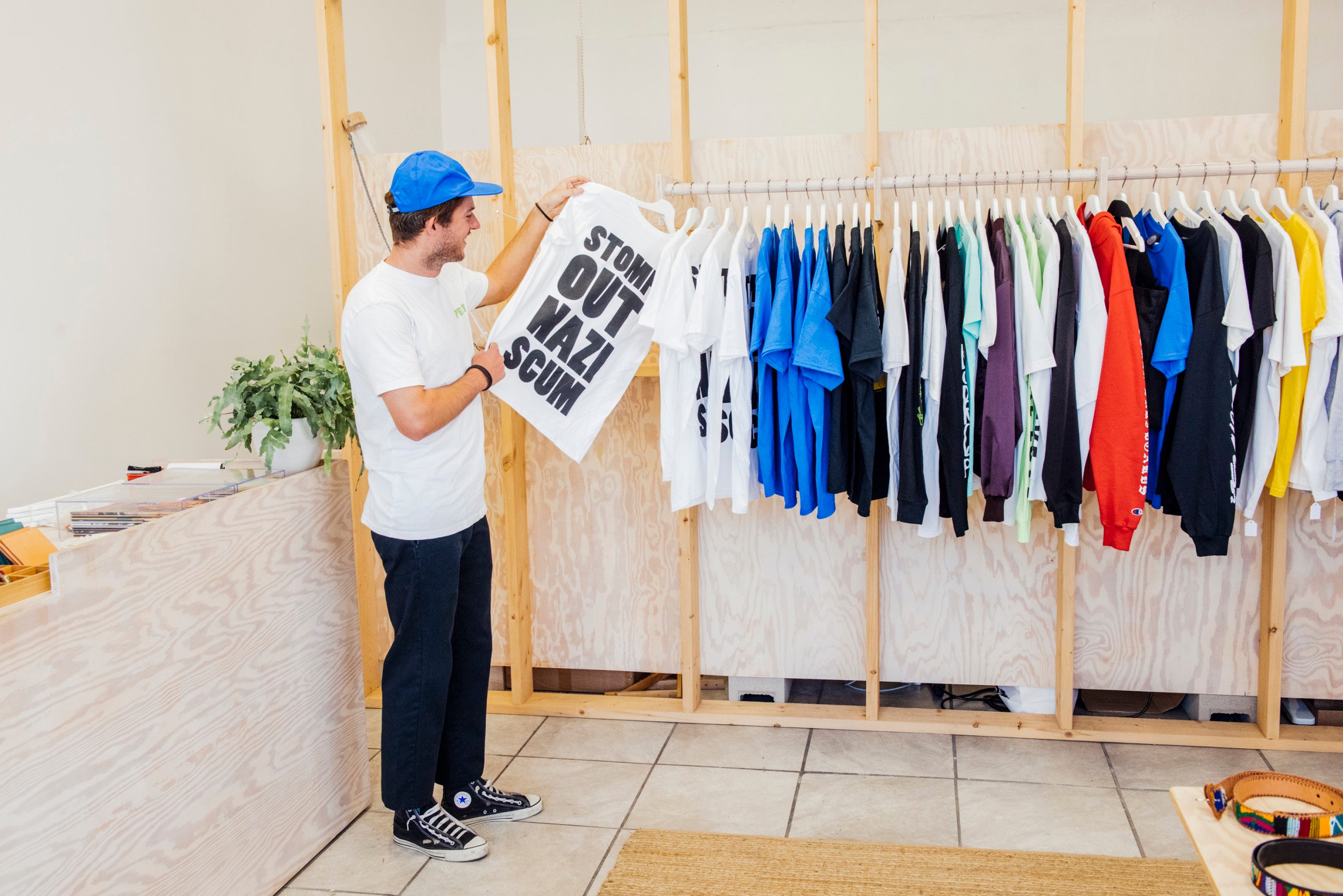
The founder of Mister Green on the Portland he grew up in, L.A. commutes, and what it's really like to start your own business.
AS TOLD TO GOSSAMER
Welcome to our series of conversations with curious, clever, and captivating people—in other words, the kind you’d like to sit next to for an hour or two.
I grew up in Portland. It's a very different city now than it was at the time, when that sort of "post-hippie settler" thing was happening. My parents were a part of that. I always associated it with being pretty slow and sleepy, but also nice and quaint. People were in touch with nature and craft culture. Like, "artisanal"—which is a word that we almost hate in this day and age—that was a means of subsistence at the time, in a very true and real way. My mom used to make clothes to sell at the market.
Growing up in that culture, I got really jaded about the stereotypical "lazy hippie" who's sort of grappling with the last vestiges of a movement that potentially ended years prior. But one aspect that I never seem to get tired of—I almost feel like I'm reading a speech right now, but this is genuinely true—is that I've always loved head shops and illegal things, and weed was such a perfect thing that involved all of those at once. It's political, trippy, illegal, underground.
I used to go to all the head shops along Hawthorne Boulevard where I grew up. My mom worked at a runaway shelter, and next door was this head shop called the Third Eye Shoppe which was really famous. Jack Herer opened it. They just closed down, which is really sad and surprising. The unfortunate truth about most industries is that if you don't modernize, you get left behind. But it really was a landmark, especially in terms of that culture.
I got out of Portland as soon as I could, pretty much. Small town, bad weather, that kind of a vibe. And I knew that I needed to get to New York. Right when I arrived, I got a gig with Converse as a PA. I didn't even know what "PA" stood for. I think it took me three days before I straight-up asked somebody.



Nature is the greatest tripper.


